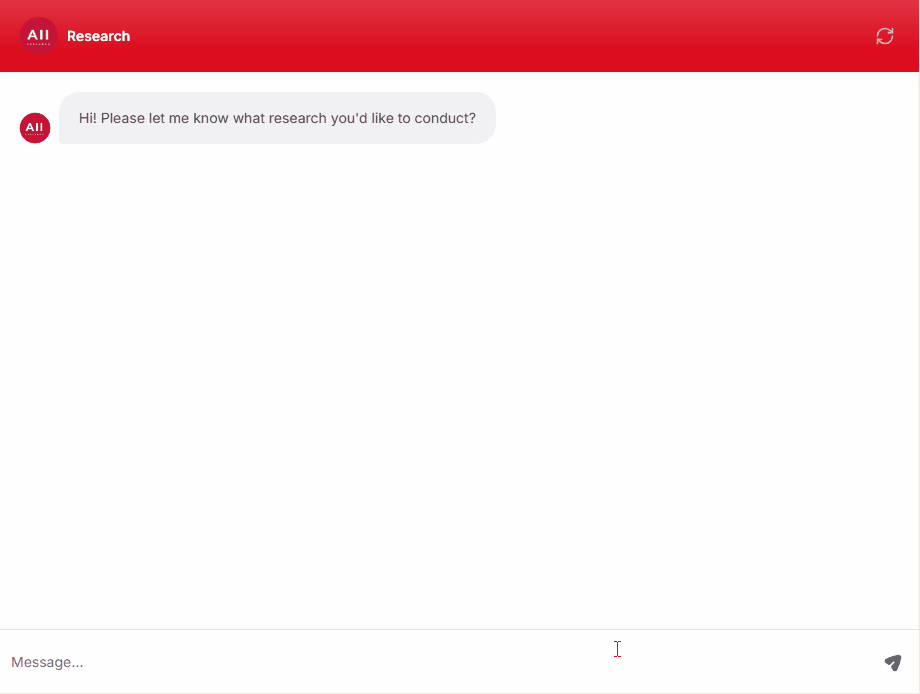Supply Chain Security and Compliance
Supply Chain
What is it?
Supply Chain Security and Compliance involve protecting the supply chain from risks such as theft, fraud, cyberattacks, and ensuring compliance with legal and regulatory requirements. This includes implementing security measures, monitoring compliance, and conducting regular audits. Key aspects include risk management, regulatory compliance, and security protocols. Effective Supply Chain Security and Compliance are essential for protecting assets, reducing risks, and ensuring legal and regulatory adherence.
How it works?
Companies manage Supply Chain Security and Compliance by first identifying potential security risks and implementing measures to protect assets, whether through physical security, cybersecurity, or compliance monitoring. They then ensure that their supply chain operations adhere to legal and regulatory requirements, conducting regular audits and assessments to identify and address any compliance gaps. Companies focus on maintaining strong security protocols and regulatory compliance, ensuring that the supply chain is protected from risks and operates within legal and ethical frameworks. Security and Compliance efforts are regularly monitored through metrics such as security incidents, compliance audit results, and risk exposure, with adjustments made as needed to optimize performance. The benefits of effective Supply Chain Security and Compliance include protected assets, reduced risks, and ensured legal and regulatory adherence.
What to watch out for?
Key principles of Supply Chain Security and Compliance include risk management, ensuring that potential security risks, such as theft, fraud, or cyberattacks, are identified, assessed, and mitigated through appropriate security measures, reducing the likelihood of security breaches. Regulatory compliance is crucial for adhering to legal and regulatory requirements across the supply chain, such as customs regulations, trade compliance, or data protection laws, ensuring that the supply chain operates within legal and ethical frameworks. Security protocols are important for implementing measures to protect physical and digital assets, whether through surveillance, access control, encryption, or cybersecurity practices, safeguarding the supply chain from threats. It�s also essential to regularly assess the effectiveness of Security and Compliance efforts through metrics such as security incidents, compliance audit results, and risk exposure to ensure they contribute positively to supply chain performance.
Suggested services providers
Vendors providing Supply Chain Security and Compliance solutions in Asia include SAP GRC (Global), Oracle GRC (Global), Symantec (Global), and IBM Security (Global). These platforms offer tools for risk management, regulatory compliance, and security monitoring.





